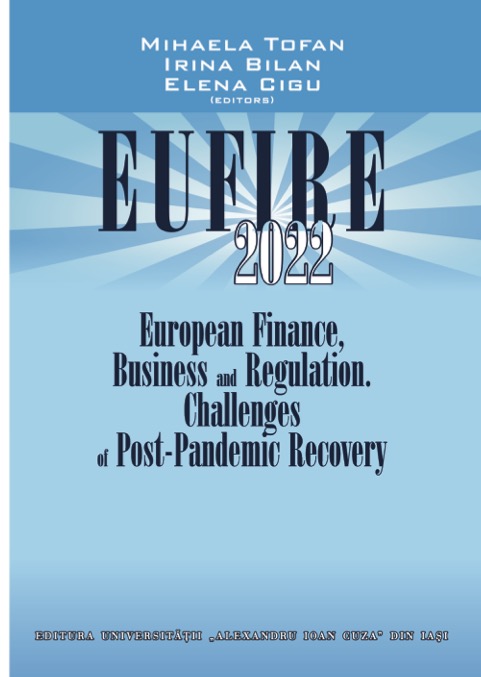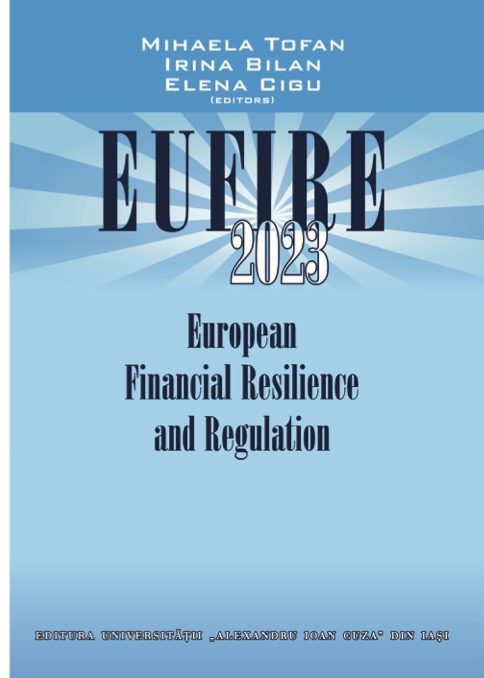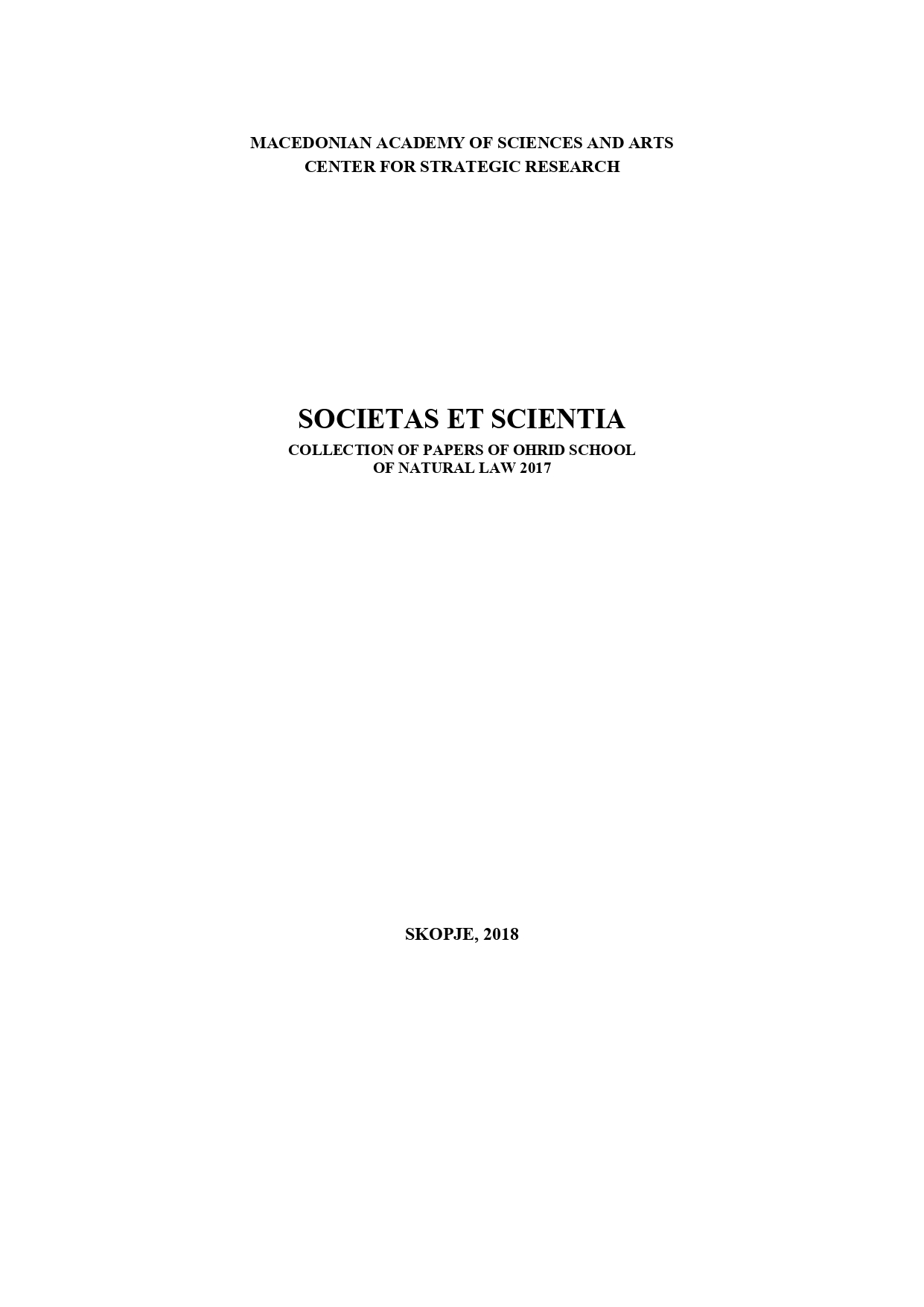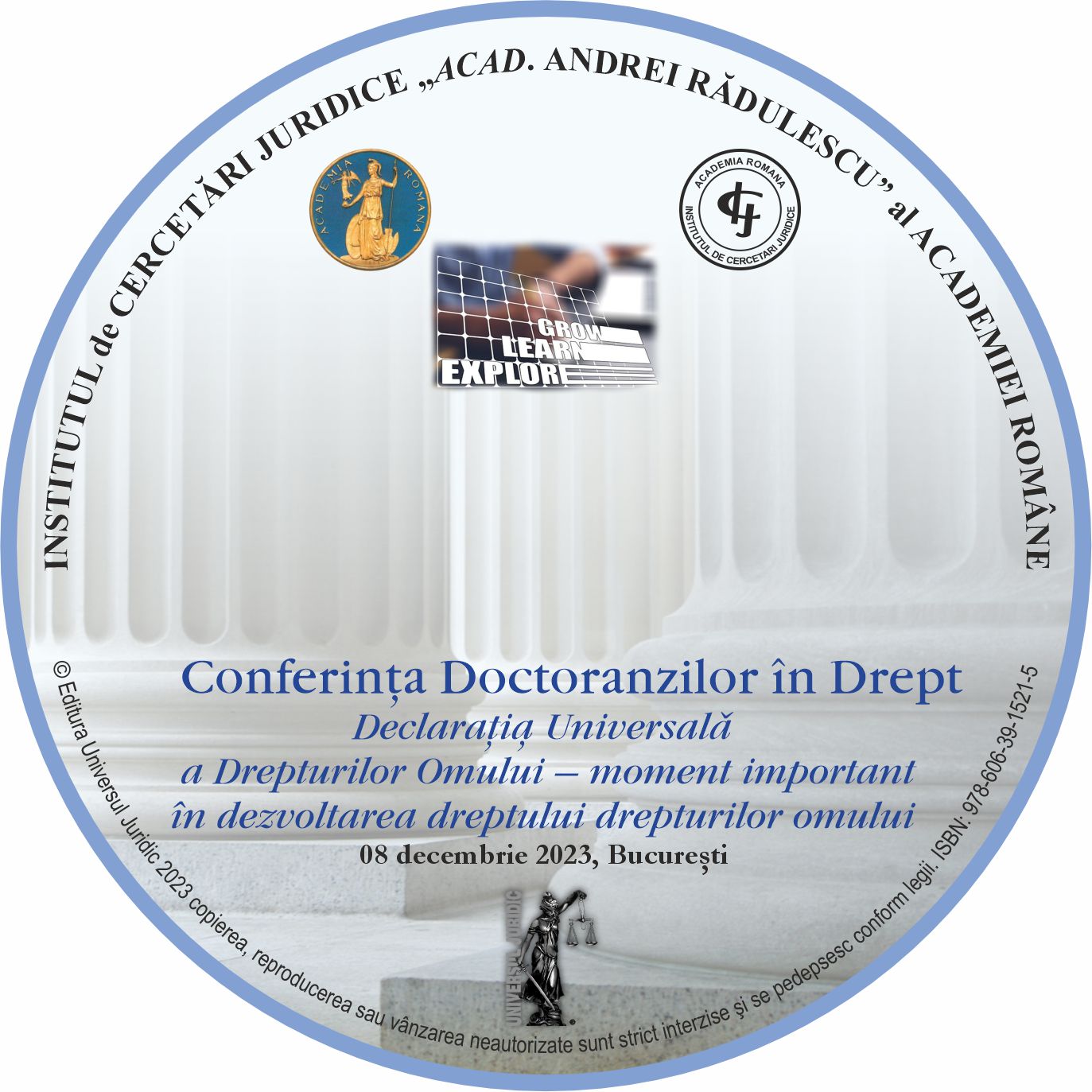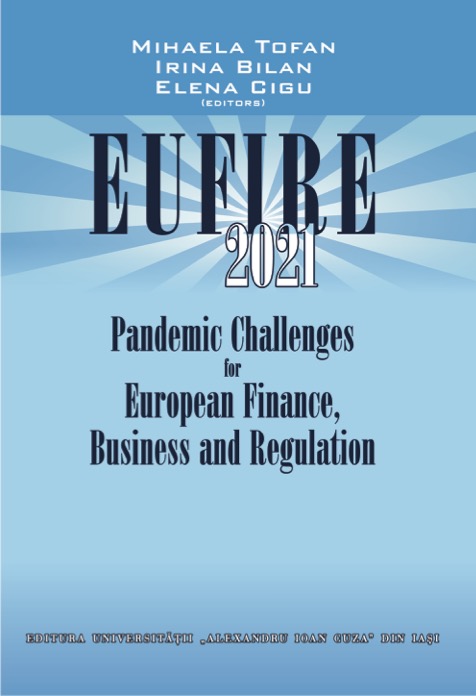
THE ACCESS OF THIRD COUNTRY BIDDERS IN THE EUROPEAN UNION PROCUREMENT MARKET
The new Emergence ordinance no. 25/2021 amending and supplementing normative acts in the field of public procurement brings to our discussion the access of third country bidders in the European Union procurement market. Stating article 25 of Directive 2014/24/EU of the European Parliament and of the Council of 26 February 2014 on public procurement, the national legislator redefines the notion of „economic operator” in a manner that shall ensure equal treatment between third country bidders and European Union bidders.The national legislator approach is not new in the European Union. The European Commission previously offered guidance on the matter, presenting the instruments a contracting authority can use to avoid distortion created by third country bidders on the EU procurement market. Further, the European Commission emphasises a regulatory gap on the foreign subsidies granted to participants in a procurement procedure, by White Paper COM(2020) 253 - final on levelling the playing field as regards foreign subsidies. Although the vision of the European Commission appears to be a case by case analysis, the national legislation provides the solution of excluding de plano certain categories of economic operators.The scope of this article is to present the European regulation on the access of the third country bidders in the EU public procurement market and to analyse the new national legal provision with respect to this matter.
More...
